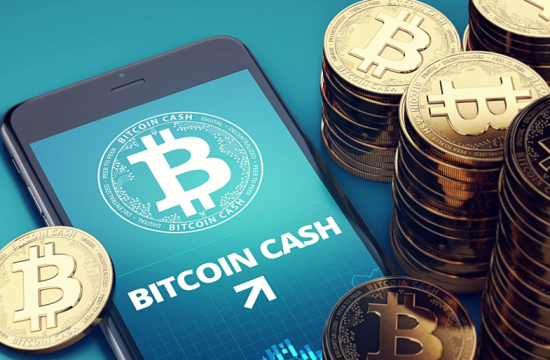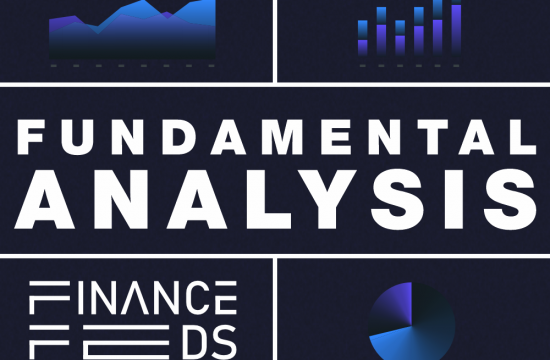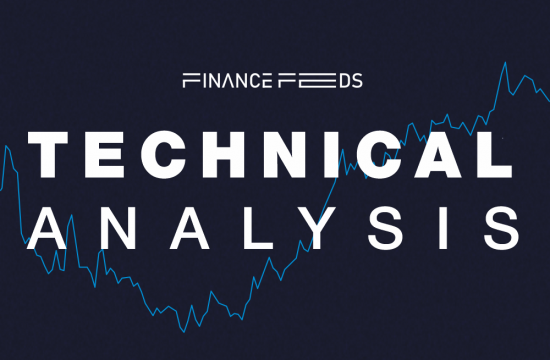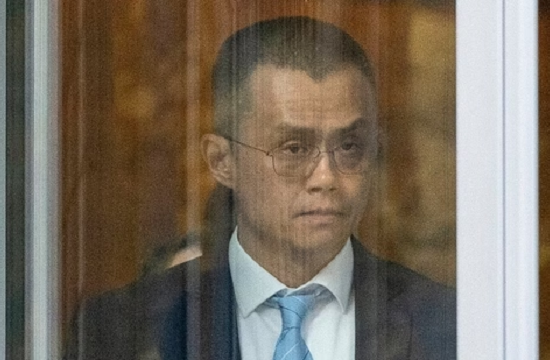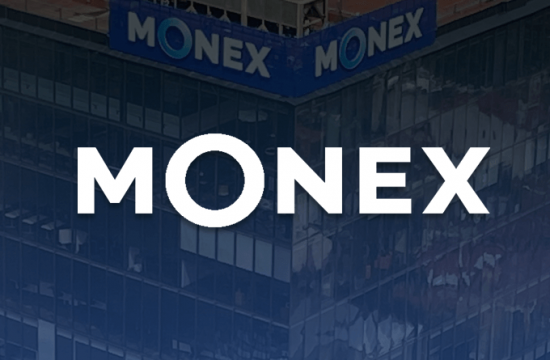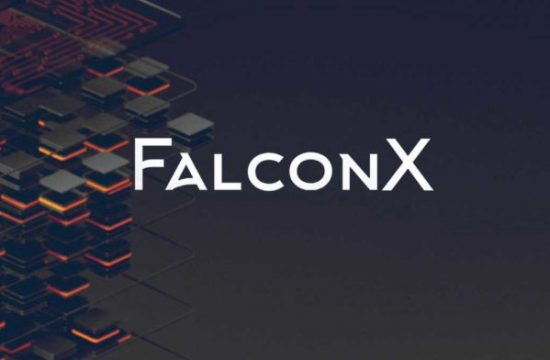Binance, the world’s largest digital asset trading platform, has reportedly acquired 41% stake in the South Korean crypto exchange GOPAX.
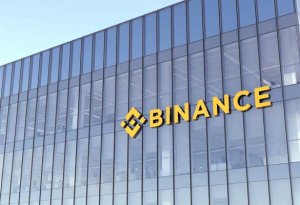
Binance purchased the equity stake from Gopax’s largest shareholder, Lee Jun-hang, and the deal was originally set to be announced last year. However, the takeover was postponed for further due diligence over equity value calculations.
Pending the official approval of Korean authorities, Binance is in the final steps to complete the transaction, which would allow it to operate once again in the South Korean crypto market. South Korean authorities apply strict new rules to crypto businesses to minimize the risks of money laundering and market manipulation, which went into full effect last year.
“We originally planned to announce the acquisition around Christmas last year, but we are in the process of final discussions on the value of the stake. It is known that Binance will buy a stake (41.2% stake) from CEO Lee Jun-haeng, the largest shareholder of Gopax, but will maintain this representative system for the time being for stable management,” according to a report by local media outlet Decenter.
The collapse of crypto exchange FTX has had an impact on South Korean exchanges, including GOPAX. The Seoul-based platform suspended payments in its DeFi service GOFi, which was introduced in partnership with crypto lender Genesis Global Capital.
CEO Changpeng Zhao revealed earlier in November that Binance is preparing to register under South Korean financial authorities by complying with local regulations. The exchange had previously opened a local office four years ago, but had to cease its crypto trading services in December 2020.
Binance also discontinued global trading services for South Korean won in 2021 as local regulators banned foreign platforms from offering services to local residents. Despite this, CEO Changpeng Zhao said he is not worried about rival exchanges capitalizing on recent regulatory woes. He described Binance’s ecosystem – which includes futures trading, wallets and payments service, OTC trading, and a Visa-backed credit card – as very hard to “replicate in one go.”
Historically, South Korea is one of the hottest investing and trading markets for cryptocurrencies.
South Korea sets two main necessities for digital asset companies to fulfill. Upon completing real-name verification and partnering with a local bank, digital assets platforms are required to acquire a license from the country’s Financial Intelligence Unit (FIU). This is a unit of the Financial Services Commission (FSC), the country’s top financial regulator. On top of these stricter rules, crypto exchanges must obtain a security certificate from the Information Security Management System (ISMS).





